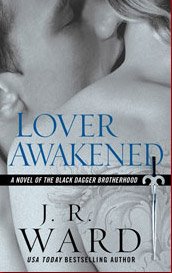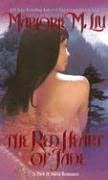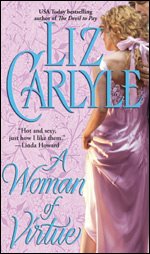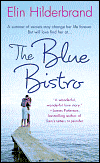
Fabulous. Fucking fabulous.
And flawless.
Sorry for the language, but this book warrants extreme description. It’s hard to find the right words to describe this Stuart victory.
Here's the blurb:
The job was supposed to be dead easy -- hand-deliver some legal papers to billionaire philanthropist Harry Van Dorn's extravagant yacht, get his signature and be done. But Manhattan lawyer Genevieve Spenser soon realizes she's in the wrong place at the wrong time, and that the publicly benevolent playboy has a sick, vicious side. As he tries to make her his plaything for the evening, eager to use and abuse her until he discards her with the rest of his victims, Genevieve must keep her wits if she intends to survive the night.
But there's someone else on the ship who knows the true depths of Van Dorn's evil. Peter Jensen is far more than the unassuming personal assistant he pretends to be -- he's a secret operative who will stop at nothing to ensure Harry's deadly Rule of Seven terror campaign dies with him. But Genevieve's presence has thrown a wrench into his plans, and now he must decide whether to risk his mission to keep her alive, or allow her to become collateral damage...
A lot of talk about the hero of Cold As Ice. A whole host of tangent discussions about sex, gender and the romance readers’ threshold. Discussions I watched from well beyond the sidelines, suspicious of the big deal folks were making about what I was sure would be more a footnote than a full measure of character. I was wrong. Stuart wields Peter’s sexual history—with bold, unflinching strokes—fleshing out every ruthless choice in his past to create a persona worthy of his Iceman moniker. The result is a depth of characterization that defies the usual compliments. Peter is startling. He left me breathless, reeling, at a loss for words.
That Genevieve is drawn like a moth to flame is understandable. His feelings for her are palpable, the path to his core unlit and slippery. Like Genevieve, the reader is pulled under with the same sense of inevitability and the same bone-deep fear of the consequences. Stuart juxtaposes Peter’s attachment and mercilessness beautifully. The resulting filament of unease always there, sensed by readers, but visible only when Stuart shines the light on it--something she does often enough to create the doubt critical to this unlikely romance. Again, Stuart’s resulting symmetry defies the usual compliments. I cannot find the words to describe how or why she manages to lure respectable, strong heroines into loving assassins. I can only assure you it is not by cliché. Nor can I adequately describe the sensory response that lure evokes in readers. Breathless is as close as I can get.
The beauty of Stuart’s voice is less mystical. I know what I like about it. I can tell you what I like about it. Stuart’s voice is strong, economical. Her turn of phrase concise, her descriptive narrative unobtrusive. Her highly charged scenes are perfectly set—without the distraction of intricate props or excessive movement. To say Cold As Ice is tightly written would be an understatement. It is delivered on the edge of a blade with all of the precision that implies.
Tension. Suspense. Stuart builds both with the same economy of words. I was riveted. Stunned into stillness as I watched Genevieve and Peter. Jolted only by the unexpected turns in the story—delivered without warning by Stuart. To say this is a book you won’t be able to put down is another understatement. Better to say that Stuart succeeds in heightening tension to a point where reality is suspended. There is that unnatural stillness. That oppressive weight making it difficult to breathe. With well-timed, insightful references to current events, Stuart creates a suspended reality—here in the present—more powerful, more dramatic than even the best altered realities found in today’s top selling paranormals.
This offering from Anne Stuart is one of only a handful of books I’ve ever desired to re-read. Starting the minute I turned the last page. Black Ice was another. Some might say I simply have a penchant for extreme-bad-boys-as-heroes stories—and we all agree Stuart does them like no other. But I would say it is simply a matter of Stuart’s talent to enthrall, whatever the subject matter.
Just Wow.

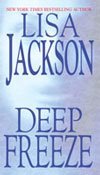 Lisa Jackson has long been on my TBR list. Deep Freeze left me feeling as though I was out in it. Shivering. With the chills. This woman is seriously twisted. I loved it! Think Mariah Stewart, only even way more twisted and macabre. The romance also plays a bit more heavily in this than in a Stewart, which I liked, but I believe that, while a very integral part of the book, it definitely takes a back seat to the suspense/thriller component.
Lisa Jackson has long been on my TBR list. Deep Freeze left me feeling as though I was out in it. Shivering. With the chills. This woman is seriously twisted. I loved it! Think Mariah Stewart, only even way more twisted and macabre. The romance also plays a bit more heavily in this than in a Stewart, which I liked, but I believe that, while a very integral part of the book, it definitely takes a back seat to the suspense/thriller component.